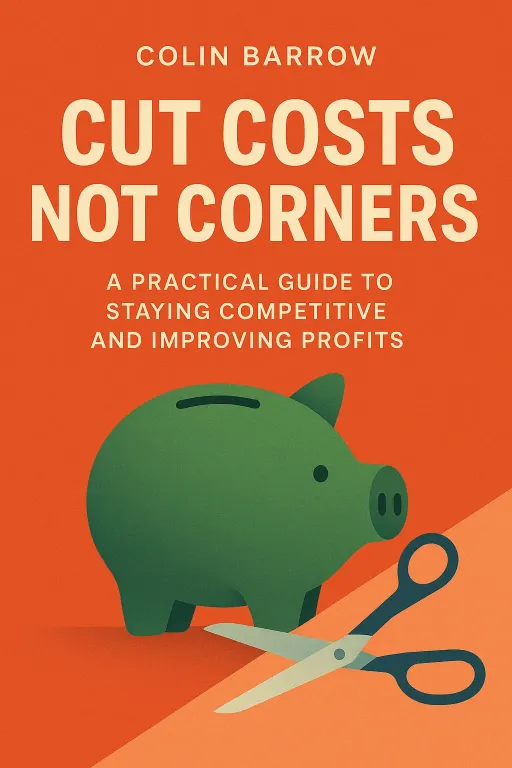
Cut Costs Not Corners
Colin Barrow
A practical guide to staying competitive and improving profits by cutting costs effectively. This book provides a framework for analyzing costs, proven ideas for saving cash, practical techniques for implementing cost-reduction programs, and methods for cost-cutting during times of crisis. It emphasizes the importance of cost-cutting as a permanent management process and explores various areas to keep costs on a downward curve.
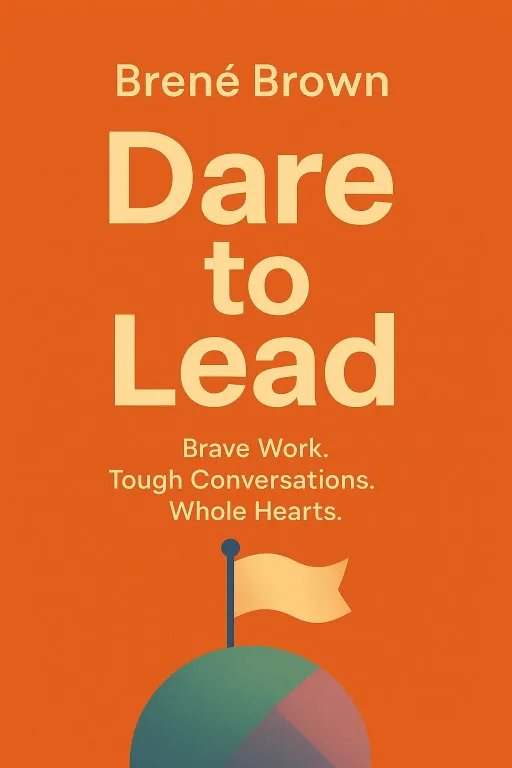
Dare to Lead
Brené Brown
A practical, actionable guide to daring leadership, drawing on two decades of research and experiences inside hundreds of organizations. It challenges readers to embrace vulnerability, live into their values, and cultivate courageous cultures in their workplaces and lives.

Dear Madam President
Jennifer Palmieri
A hopeful and empowering letter to the future first female president of the United States, reflecting on Hillary Clinton's 2016 campaign and offering guidance for women in leadership.
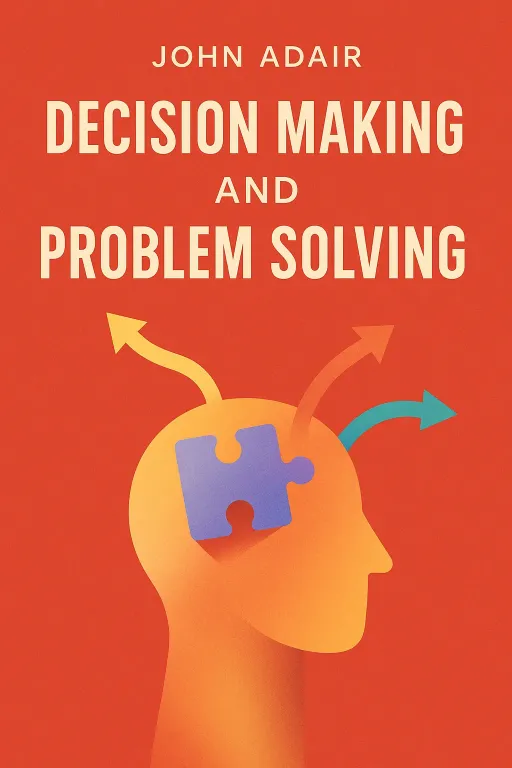
Decision Making and Problem Solving
John Adair
A comprehensive guide to improving your decision-making, problem-solving, and creative thinking skills. Learn how to analyze situations, generate innovative ideas, and make effective choices to achieve excellence in leadership and business.
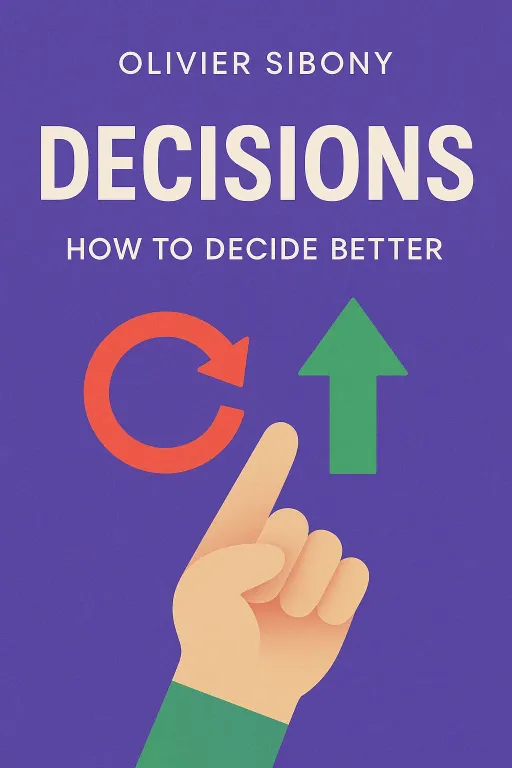
Decisions
Olivier Sibony
Discover how biases affect strategic decisions and learn to recognize recurring patterns of strategic error. This book presents nine decision traps into which our biases drive us and provides practical techniques implemented in organizations around the world, from start-ups to multinational corporations.
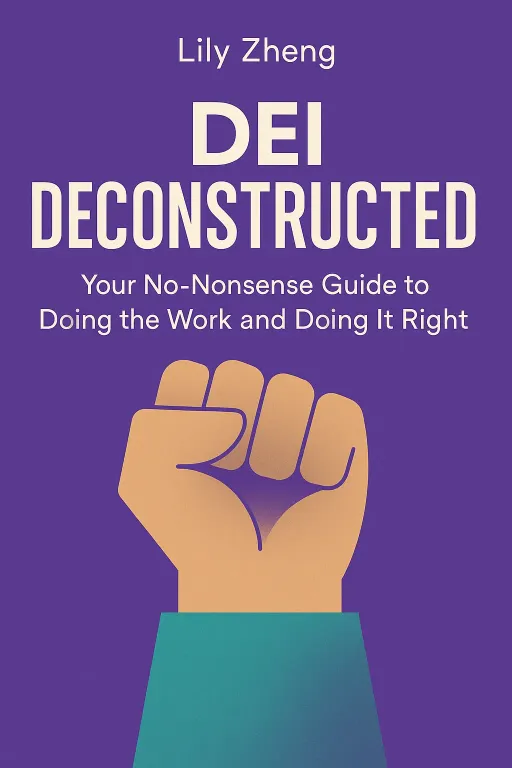
DEI Deconstructed
Lily Zheng
A practical guide to diversity, equity, and inclusion (DEI) in the workplace. It offers actionable strategies and tools for creating meaningful and measurable change within organizations, moving beyond performative gestures to address systemic inequities. This book is for anyone seeking to turn good intentions into real impact.
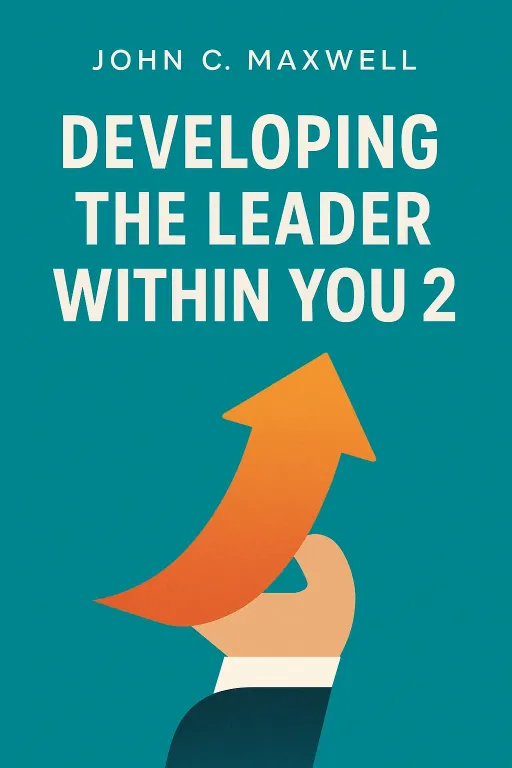
Developing the Leader Within You 2.0
John C. Maxwell
Discover the essentials for developing yourself as a leader in this updated 2.0 edition. With insights from decades of experience, John C. Maxwell shares the key principles to increase your influence, effectiveness, and impact, guiding you on a journey to unlock your leadership potential and empower others.
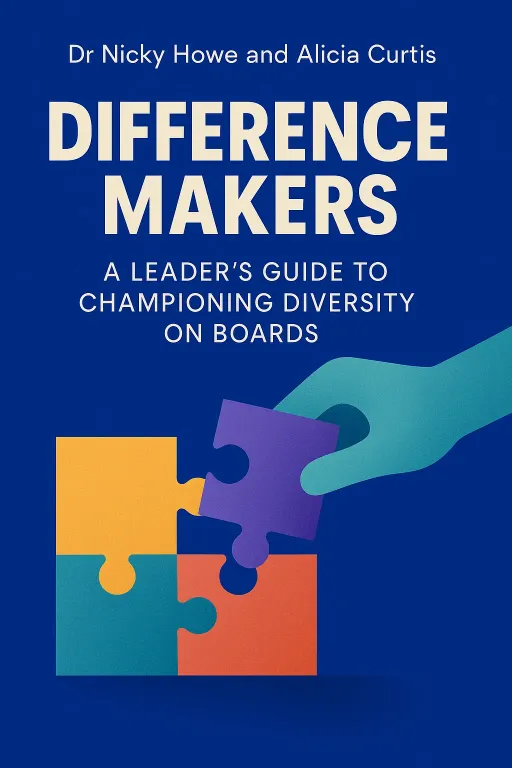
Difference Makers
Nicky Howe
Difference Makers provides a leader's guide to championing diversity on boards. It explores why diversity is essential for effective governance and offers practical tools and strategies for building inclusive relationships and optimizing board performance. Discover how to harness the power of diversity to improve social, productivity, and financial outcomes for organizations.